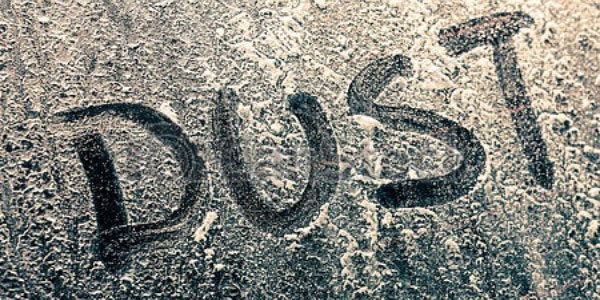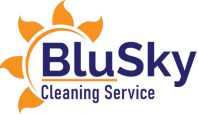Keeping It Fresh
from BluSky Cleaning & Home Services
10 Tips To Manage How can you manage dust and improve the air quality of your home?

- Vacuum regularly and frequently – this is most important with households who have or more pets and lots of people traffic.
- Leave your shoes at the door – getting in the habit of removing your shoes at the door will help reduce the amount of dirt, pollen, that is carried into the home.
- Wipe your pet’s paws when they return to the house.
- Clean behind, under furniture and appliances. If there is a vent above these appliances the forced air is increasing the likeliness the dust is re-circulated.
- Damp wipe the window screens. Wipe down the screens and wipe the window sill to prevent dust and dirt from entering the home.
- Have your carpets professionally cleaned on a regular basis. Cleaning removes dirt regular vacuum misses and extends the life of the carpet.
- Regularly groom pets. To minimize shedding especially during the change of seasons.
- De-clutter your home. Storing unused items in closets, under beds and other places around the house traps dust and sometimes insects and other pests.
- Use an air purifier. Especially if you suffer from allergies, regular cleaning maintenance will improve the air quality.
- Stop smoking. Smoking indoors deposits nicotine and smoke on surfaces including walls, curtains. This residue is re-circulated throughout the house. Smoke outside, or better try to quit smoking.
Please share your ideas! We love to hear from you! Arline@BluSkyCleaningSvc.com
BONUS Tip!
Have your Vents Cleaned. The National Air Duct Cleaning Association recommends getting your air ducts cleaned every 3 to 5 years. Considerations for having your ducts cleaned more often:
- Regular smoking inside the house
- Recent renovation or remodeling
- New home purchase
- Water contamination or HVAC damage
- Pets who shed a high amount of hair
- Residents with allergies may benefit from the reduction of air pollutants.
To learn more about your home’s HVAC
nadca.com/homeowners/frequently-asked-questions
